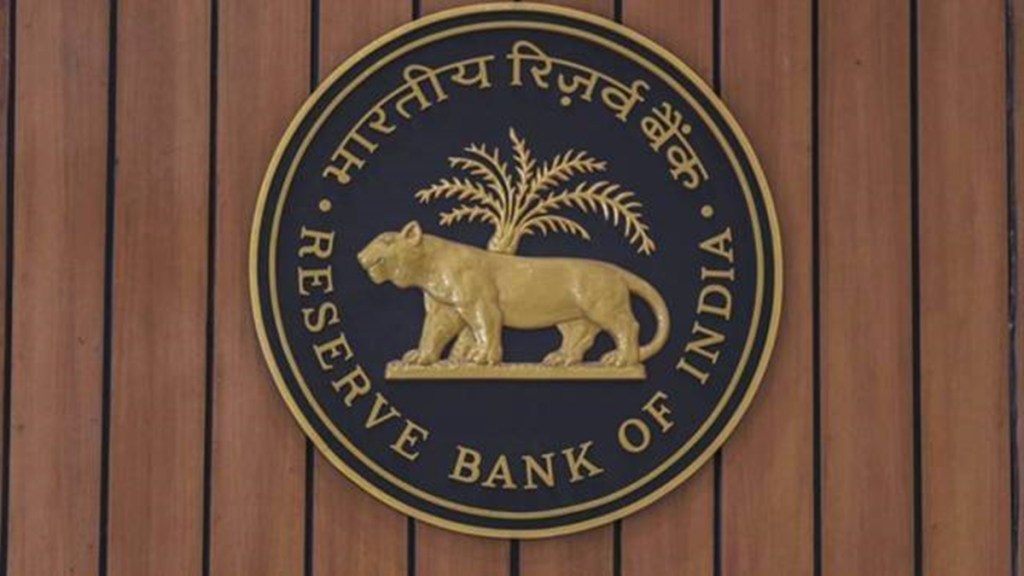The average ESG scores of Indian companies have improved over the last decade, especially for the environmental and the social pillars, while the score for the governance pillar has fluctuated, the Reserve Bank of India observed on Wednesday citing analyses on the subject.
Expectedly, IT companies have the highest average ESG scores while transport infrastructure companies have the lowest. The central bank noted in its Currency and Finance report that it was heartening that Indian companies are increasingly matching growing ESG concerns with actions to support the green transition.
Moreover, empirical evidence shows that firms placing greater emphasis on ESG in their communication also tend to be better ESG performers. The central bank noted that, in this context, it would be interesting to see how the new reporting requirements introduced by Sebi, in conjunction with the law on CSR, would impact the companies’ ESG performance.
The RBI also highlighted the fact that critics have pointed out the scope for divergence between the words of corporates and their actions. “As corporates try to establish goodwill, their communication may emphasise ESG, without corresponding changes in their activities and performance, akin to greenwashing,” it observed.
An exercise, to assess whether the ESG communication has been accompanied by an improvement in their ESG scores, has showed the increase in the share of ESG-related words in the companies’ annual reports has corresponded with the encouraging trend of improvement in performance-based metrics.
Also read: ‘Our deposit growth will continue to outpace advances’
On the relationship between firm-specific characteristics and ESG performance, it is found that firms with higher market capitalisation have higher ESG scores. When the sample is reduced to include only large firms, the relationship between market capitalization and ESG score becomes even more prominent. This shows that a firm’s growth and perceived valuation by the investors is inherently correlated with its performance on the ESG parameters.
“A good performance on the ESG parameters is a reflection that the firm can minimise its risks on the ESG front, enabling it to grow and also get rewarded by the investors,” the report noted.

